Optimal Timing for Tree Trimming
Tree trimmings are essential for maintaining the health and appearance of trees. Proper timing ensures optimal growth, safety, and aesthetic appeal. Understanding the ideal periods for trimming can lead to healthier trees and prevent potential hazards.
Best for shaping young trees and removing winter damage before active growth begins.
Ideal for thinning dense canopies and controlling growth during peak season.
Suitable for removing dead or diseased branches and preparing trees for winter dormancy.
Optimal for safety pruning when trees are dormant, reducing stress and preventing disease.
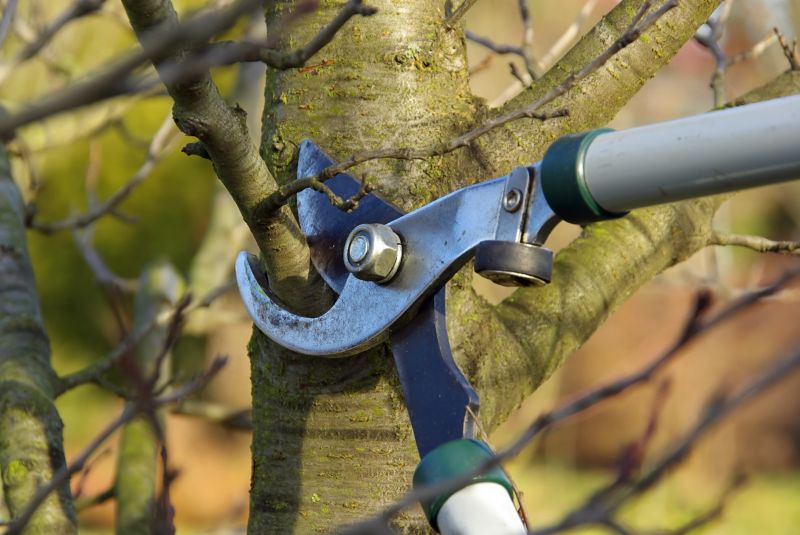
Pruning during early spring supports healthy growth.
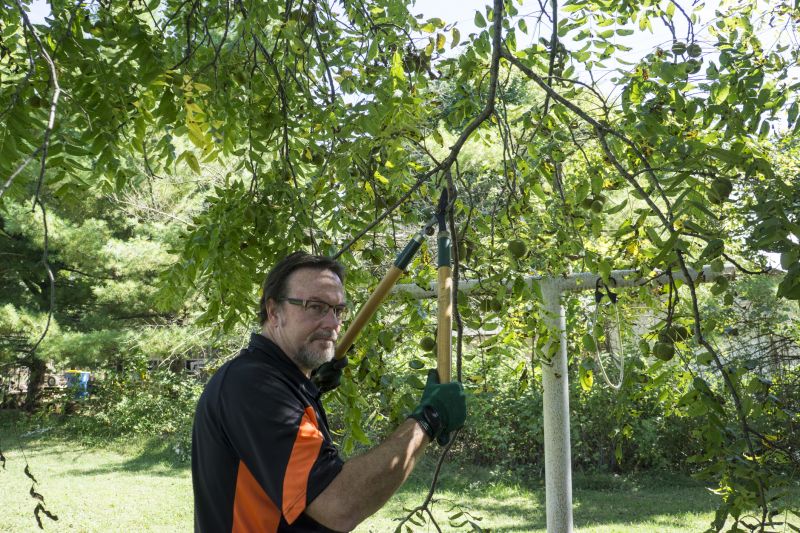
Maintains tree shape and health in summer.
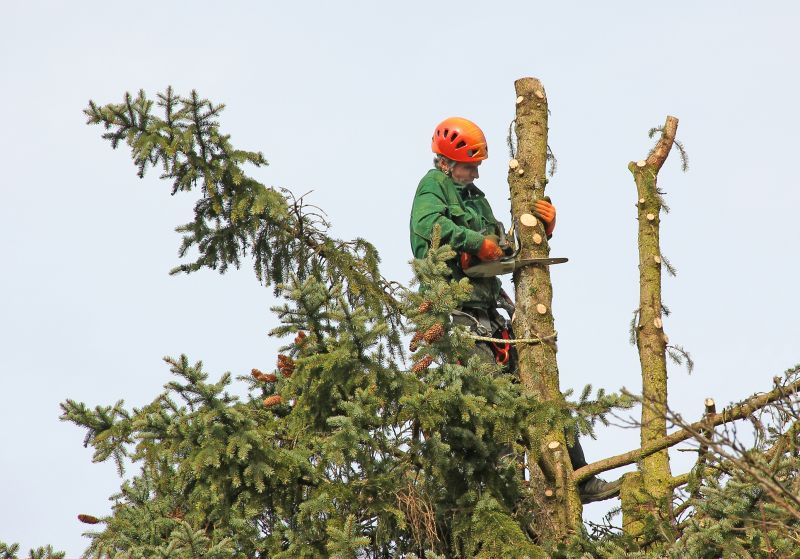
Prepares trees for winter dormancy.
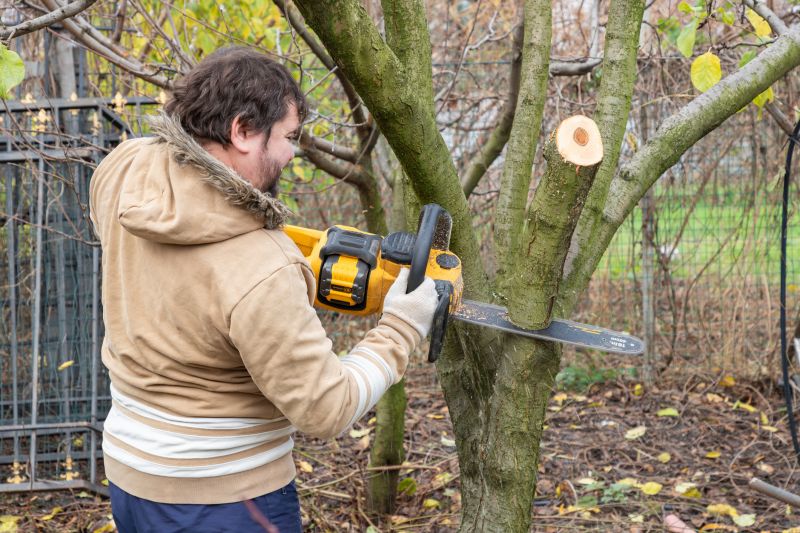
Ways to make Tree Trimmings work in tight or awkward layouts.
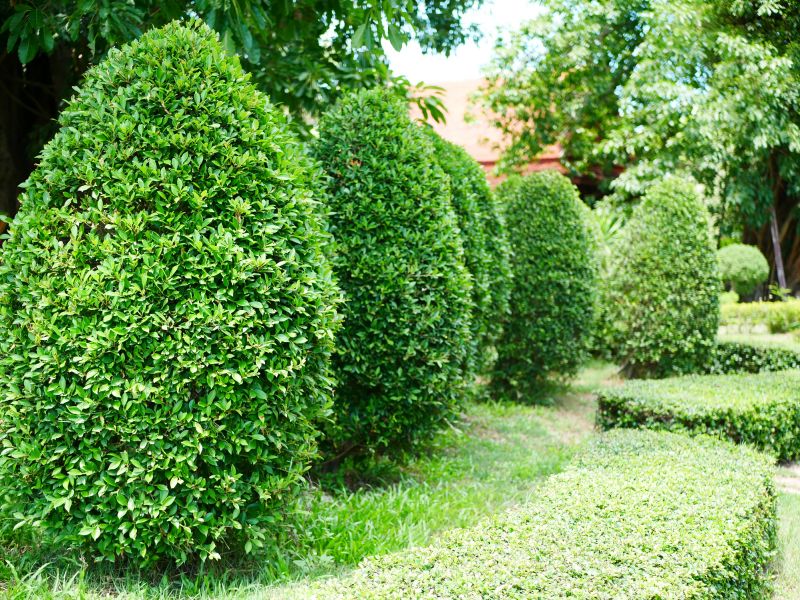
Popular materials for Tree Trimmings and why they hold up over time.
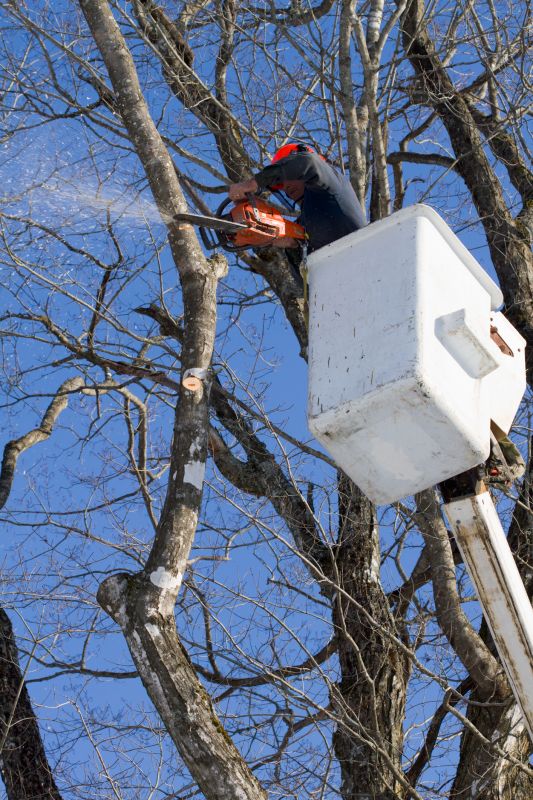
Simple add-ons that improve Tree Trimmings without blowing the budget.
| Season | Recommended Activities |
|---|---|
| Spring | Shape young trees, remove winter damage, promote growth |
| Summer | Thinning, growth control, pest management |
| Fall | Remove dead branches, disease control, prepare for dormancy |
| Winter | Safety pruning, disease prevention, structural correction |
Tree trimmings involve the selective removal of branches to improve tree health, structure, and appearance. Proper trimming can prevent hazards caused by falling branches and promote vigorous growth. Statistics indicate that well-maintained trees can increase property value and safety by reducing the risk of damage during storms.
The timing of tree trimmings varies based on species, growth patterns, and local climate conditions. Typically, late winter and early spring are preferred for most deciduous trees, as it minimizes stress and allows for healthy regrowth. Conversely, evergreens may require trimming during different periods to maintain their shape and health.
